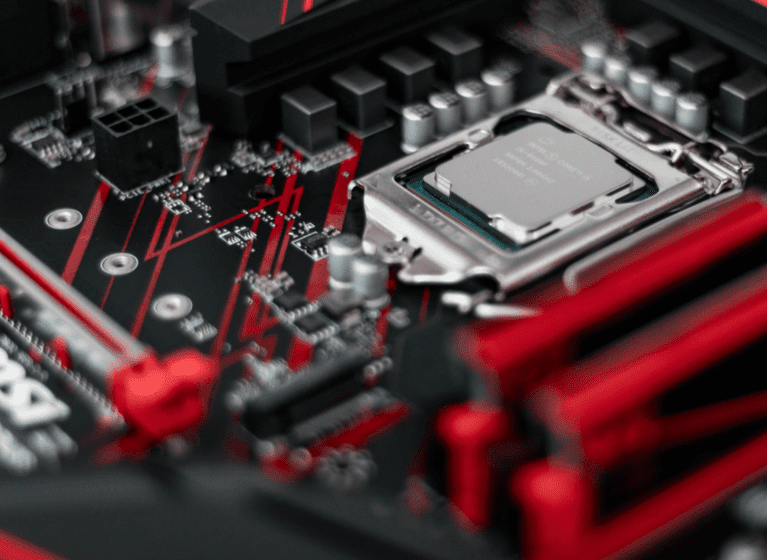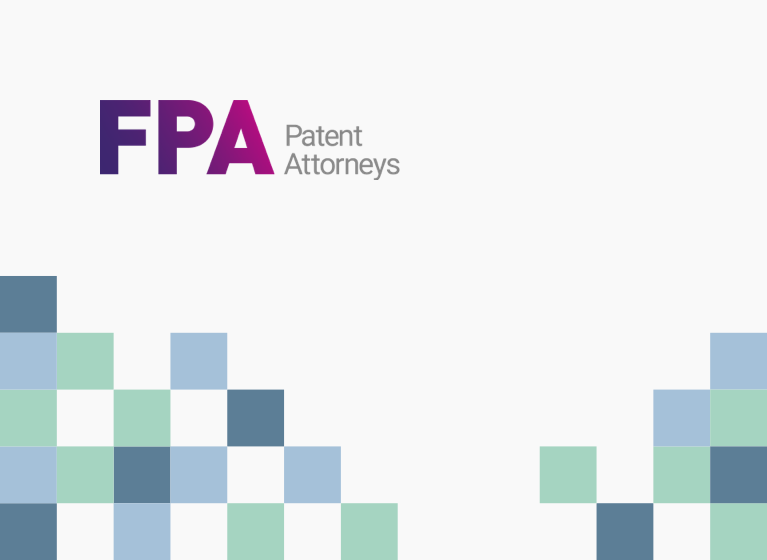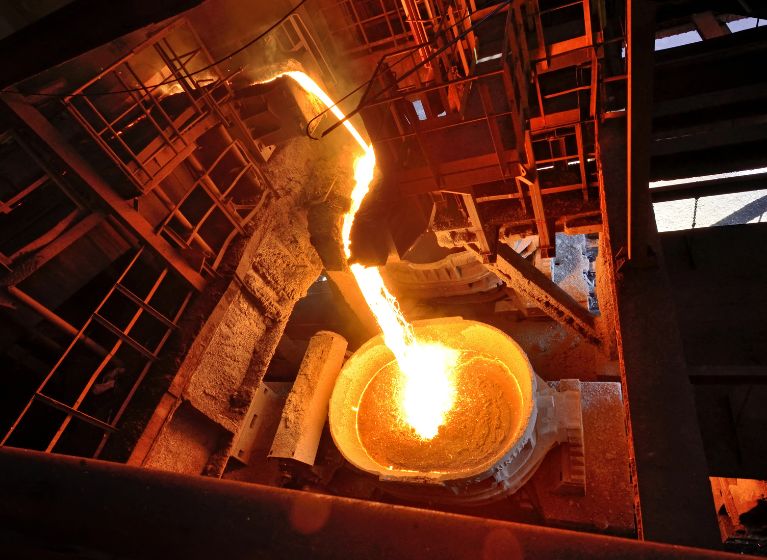This article sets out to provide the reader with a better understanding of ADR options, combining some basic information and guidance with personal insights gained by the author from involvement in such proceedings in Singapore. As ADR actions are nearly always resolved confidentially, uncertainty and some wariness can arise in relation to pursuing such options. The author therefore hopes in this article to demystify at least some key aspects around mediation and arbitration.
Summary
It is fair to say that the general population has a relatively low awareness of alternative dispute resolution (ADR) options. This is perhaps not surprising, as such proceedings are usually confidential (so no detailed media reports) and unlike the portrayal of adversarial legal cases in popular movies and TV shows there has been little if any memorable dramatization of ADR matters that might resonate with the public as a whole. For many, then, ADR falls ‘under the radar’.
Against this background, this article sets out to provide the reader with a better understanding of ADR options, combining some basic information and guidance with personal insights gained by the author from involvement in such proceedings in Singapore. As noted above, ADR actions are nearly always resolved confidentially, which can lead to uncertainty and some wariness in relation to pursuing such options. The author therefore hopes in this article to demystify at least some key aspects around mediation and arbitration.
Background
The Singapore government recently announced the Singapore Intellectual Property Strategy 2030 (SIPS 2030) as the next step in the maturation of the IP ecosystem. A brief commentary for SIPS 2030 has previously been provided by the author – see link.
One of the main facets of the SIPS 2030 relate to the enhancement of IP dispute resolution options in Singapore. In June 2021, Singapore tied with London as the top location for arbitration globally in a survey carried out by Queen Mary University of London (QMUL) and global law firm White & Case. Currently, some ADR organizations in Singapore for IP include the Singapore International Mediation Centre, the Singapore International Arbitration Centre, and the World Intellectual Property Organization’s Arbitration and Mediation Centre. It appears that an increasing number of such entities appreciate the appeal of Singapore as a hub for ADR and are therefore setting up operations in the jurisdiction in order to provide more options for the resolution of contentious disputes for IP owners globally.
As many readers will appreciate, commercial agreements between entities increasingly include mediation and/or arbitration clauses for the resolution of disputes, with the inevitable consequence that pursuing mediation and/or arbitration is becoming an increasingly common course of action for parties seeking to settle their differences.
Arbitration VS Mediation, what is the difference?
The Singapore International Arbitration Centre provides a concise answer to this question. In summary:
Arbitration
- The Arbitrator considers legal rights and wrongs of a dispute and makes a decision correspondingly.
- In most cases, the decision does not depend on agreement between the parties to the dispute and is binding on all those parties.
- The arbitration may result in a “winner” and a “loser”.
Mediation
- The Mediator assists the parties to settle their disputes by an exchange of views between the parties to the dispute and consequently narrowing the differences between them.
- The Mediator does not make a decision.
- Mediation concludes when the parties reach an agreement.
So which is the better option?
One of the main advantages of choosing either of these routes is the possibility of resolving multiple jurisdictional disputes through a single process, at a single location, at a single sitting (not necessarily within a day), in a single time zone, involving a single set of costs.
When resolving contentious disputes some considerations to note on deciding on the appropriate course of action to pursue include:
- Who has the stronger legal position?
- What jurisdiction’s laws govern the commercial agreement in question?
- What is a desired outcome for the respective parties?
- Are there independent experts who share your legal and/or technical position and are available to be engaged?
- Is there an available mediator or arbitrator with the right knowledge to appreciate the issues at hand such that a reasonable outcome can be expected?
- Is there capacity to carry out the necessary ‘legwork’ (eg. trawling through archives, seeking and involving individuals with direct knowledge of relevant matters, mining available information, etc.) to provide information for a compelling submission for either the arbitration or mediation?
- Is there the budget for at least one of the arbitration or mediation routes?
- Is there a readiness to evolve from mediation to arbitration if the former does not result in a resolution?
- Are there shareholder or regulatory obligations by which the company is required to abide that may affect the decision?
It is important to weigh up the above issues in determining whether to choose either mediation or arbitration. Preparation is key, and as with most commercial decisions a great lot of consideration will typically be needed in order to reach the right decision.
Being part of a Mediation Team – Personal Insights
During a recent mediation matter the author was tasked with the role as a designated patent and technical specialist in the mediation team of one of the parties. The summary insights collated below may be helpful to anyone who may be either contemplating an ADR process or is simply keen to know more about such processes.
- It was a pleasurable experience to work with a lead counsel who was highly organized, even tempered and well supported by a knowledgeable and diligent team.
- The excellent time management and reasonable time schedule for deliverables required by the lead counsel led to relatively low stress participation.
- Seeking out appropriate technical experts in support of the pertinent subject matter was challenging, critical considerations including academic credentials, familiarity with the subject matter at hand, time zone differences, personality of the person in question, conflict with their other commercial interests and cost.
- Seeking out an appropriate mediator (as well as an appropriate arbitrator as a back-up should mediation fail) turned out to be a less challenging process, despite the team’s awareness that making the wrong selection of mediator/arbitrator could in fact be more damaging to the client’s interests than choosing the wrong expert.
- It was difficult to predict how the client would view the process during the course of the mediation, which involves some changes of approach along the way. Every client has different triggers and motivations.
- While the client had a general strategy and adhered to that strategy, the ‘meeting of differences’ mediation approach was effective in changing the client’s mind on certain issues as the proceedings progressed, in order to expedite the process.
- Regular engagement with the client was essential as the mediation can readily change direction as new information was uncovered during the process.
Conclusion
As outlined in the introduction to this article, the general public has a rather limited knowledge and understanding of alternative dispute resolution options. It is likely that with a better understanding of these options they will becoming increasingly common choices made by clients to resolve contentious matters around IP assets. ADR proceedings can be ideal for many dispute situations, resulting in clearer and quicker outcomes, allowing better management of expectations for clients, and potentially lowering costs enormously. More and more experts and mediators/arbitrators are becoming familiar at handling such proceedings, which naturally increases confidence among potential users that a fair outcome will result.
Finally, readers will likely be keen to have an understanding of the costs involved in an ADR process. Typically, the overall cost depends on a number of factors, not least the scope of coverage that the dispute covers, for example, is it a global settlement or one that applies to only a few jurisdictions? Notwithstanding such issues, it is almost certain that the cost will be significantly less than the cost of taking legal action in appropriate forums all the respective jurisdictions.




















